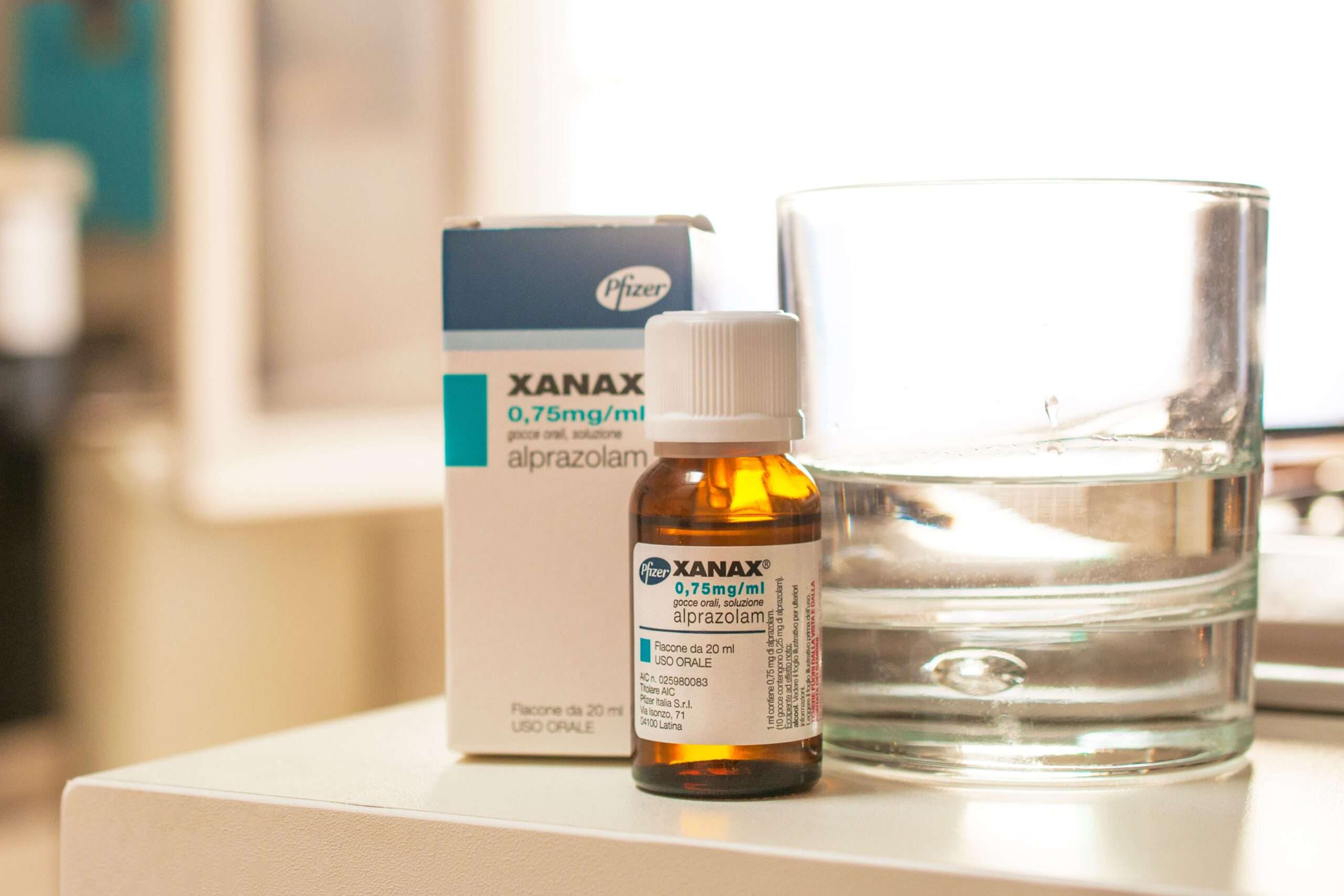Xanax helps a lot of people who need help relieving stress and anxiety. However, like many other prescription drugs, those who take it run the risk of abusing it. It’s commonly known that someone can develop an addiction to this drug, but what many may not consider is this: Can you overdose on Xanax? We explore this popular prescription drug and what can happen when it’s not used responsibly.
What is Xanax?
Xanax is a drug available by prescription and is popular in the treatment of anxiety disorders. It comes in pill form and should be used according to directions and under the supervision of the prescribing physician. Xanax is classified as a benzodiazepine drug, which means it carries a risk of developing an addiction. It works by affecting a person’s central nervous system and the feel-good chemicals naturally produced by the body. As a result, the individual feels a sense of calmness and a reduction or elimination of feelings of anxiety. People without a prescription for Xanax may obtain the pills illegally and use them recreationally. The medication can also be used to help control seizures and muscular spasms.
Can You Overdose on Xanax?
The short answer to “Can you overdose on Xanax?” is yes. In fact, people can die from Xanax overdoses. Factors that contribute to a person overdosing include how much of the drug they took, their weight, age, and physical and mental health. Whether or not they also took other substances can also impact the likelihood of an overdose. In fact, the risk of overdosing on Xanax increases a great deal when it’s taken along with other drugs, including prescription, over-the-counter, and illegal types, as well as alcohol.
When someone begins taking a prescription for Xanax, the typical dosage ranges from 0.25 to 0.5 milligrams per day. Because the drug enters and leaves the system quickly, many people split this amount up over a few dosages during the day. After Xanax begins to take effect, the prescribing physician may increase the amount to as high as 10 milligrams per day.
Clinical studies done on rats showed that half of them died from a Xanax overdose after taking a minimum of 331 milligrams per kilogram of their body weight. This makes it sound like a human would have to take an extremely high amount of Xanax to risk an overdose, but clinicians agree that animal studies cannot be adequately compared to the effects on humans.
As a matter of fact, the risk of overdose can happen when someone takes any amount higher than what they are prescribed. As well, many people who abuse Xanax without having a prescription do not understand the amount they consume. Anyone who is already feeling high on the drug may not be capable of estimating how much more they may ingest. When Xanax is combined with other substances, both legal and illegal, the risk of overdose greatly increases.
Signs of a Xanax Overdose
When someone overdoses on Xanax, it may not be clear to them or those around them. Important signs of an overdose range from mild to severe and include:
- Lethargy
- Nausea
- Acting confused
- Slurred speech
- Sleepiness
- Blurred vision
- Elevated heart rate
- Muscle spasms
- Feeling light-headed
- Difficulty walking or maintaining balance
- Tremors
- Seizures
- Feeling agitated
- Hallucinations
- Losing consciousness
- Difficulty breathing
- Chest pain
What To Do If Someone Overdoses on Xanax
If a person suspects someone has overdosed on Xanax, they should seek immediate medical help. When they call 911 and/or speak to someone in the emergency room, they should tell the medical personnel how much Xanax the person took and any other substances they took, including drugs and alcohol. Medical staff will determine how to treat the overdose, which may include pumping the person’s stomach. They can also determine possible long-term damage done by the overdose.
How is Xanax Addiction Treated?
Once a person knows that you can overdose on Xanax, they may wonder what treatment for addiction to this drug looks like. It begins with going to detox, which can be done on an outpatient basis for those who qualify. From there, many people move to other outpatient programs that continue the valuable work begun in detox. All levels include attending a variety of types of therapy that help treat substance use disorders. The levels of outpatient care include:
- Outpatient Program (OP)
- Intensive Outpatient Program (IOP)
- Virtual IOP
- Partial Hospitalization Program (PHP)
Withdrawal symptoms can happen to anyone who no longer abuses drugs, including Xanax. For this reason, we include access to FDA-approved medications that help ease withdrawal symptoms. We also provide valuable therapeutic support to help people process any feelings of anxiety, depression, and moodiness that occur during the adjustment to living substance-free.
Get Help for Xanax Addiction Today in Tampa, FL
If you are wondering, “Can you overdose on Xanax?”, you may have a problem abusing this drug or know someone who does. If so, we can help.
Tampa Bay Recovery offers a detox program that helps people safely get through the initial stage of getting off Xanax. As a follow-up, we also provide several types of outpatient care that help each person learn to stop using Xanax and put addiction behind them. We offer multiple types of therapy for substance use disorders, as well as medications that ease the symptoms of withdrawal.
Please visit our admissions page now and find out how to get started on treatment today.







